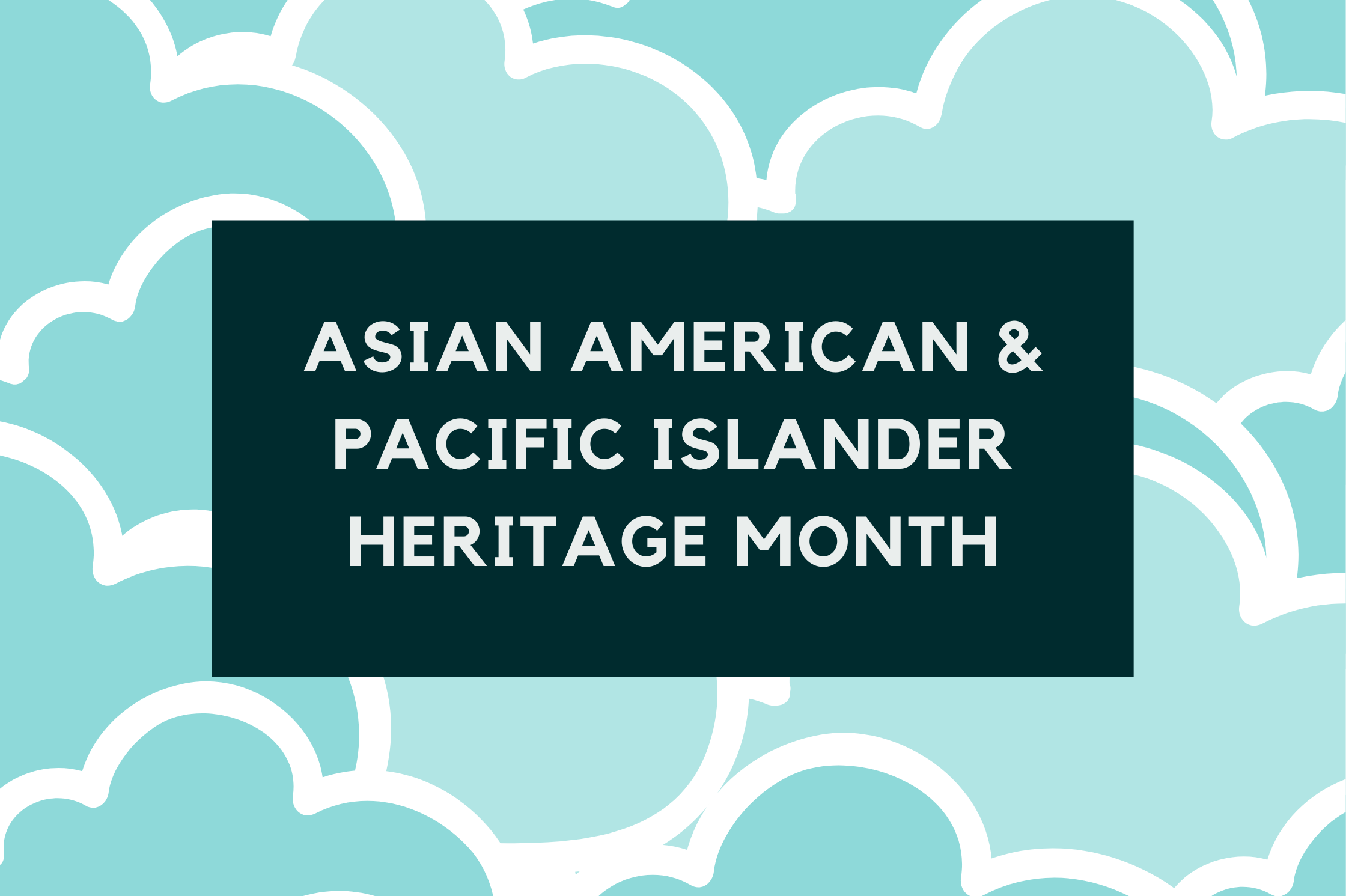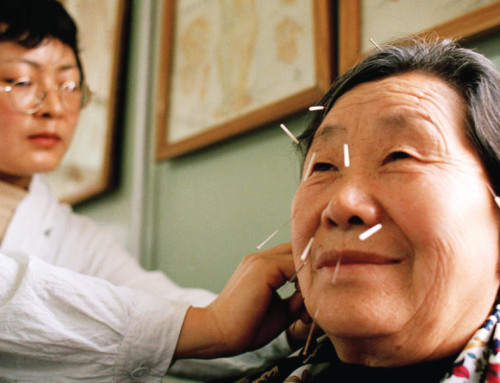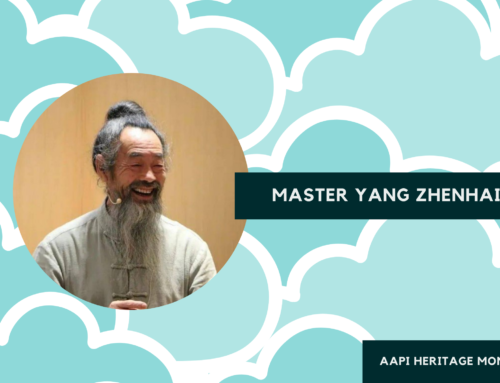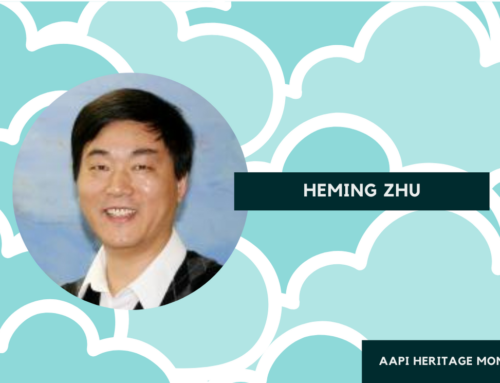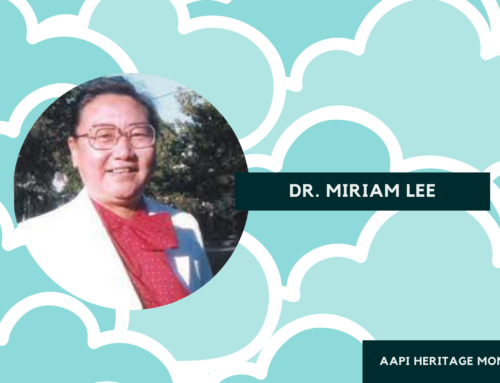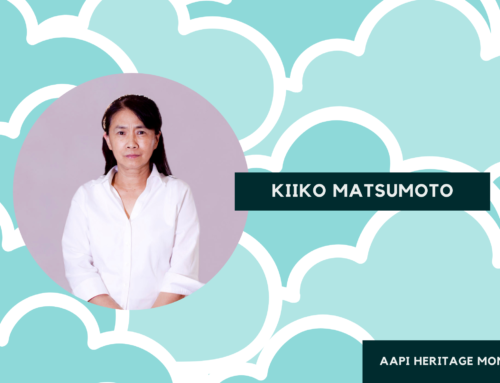The month of May is Asian/American and Pacific Islander (AAPI) Heritage month which aims to highlight and commemorate the myriad of cultures, traditions, and histories of Asian and Pacific Islander people in the United States.
As we move into AAPI Heritage month, we at Mend would like to take this opportunity to celebrate the healing arts and sciences of Asian medicine by honoring some of our teachers. Each week during this month, our newsletters will include a highlight of someone who influenced an acupuncturist in our clinic. We are grateful for the long history of this medicine, the many lineages and traditions, and the skilled practitioners who have come before us.
Though we primarily want to focus on celebrating our teachers, we must also acknowledge the history and current context of AAPI Heritage month. As we previously shared, anti-Asian/American harassment and violence has been on the rise over the COVID-19 pandemic. While this is a disturbing and dangerous trend, it is not isolated and is connected to a history of anti-AAPI activities and xenophobic policies in the U.S. It is important to note and work to unravel the weave of white supremacy in American history. According to a government resource, the United States began recognizing AAPI Heritage week in 1978 and it was expanded to a month in 1990. “(T)he month of May was chosen to commemorate the immigration of the first Japanese [people] to the United States on May 7, 1843, and to mark the anniversary of the completion of the transcontinental railroad on May 10, 1869. The majority of the workers who laid the tracks were Chinese immigrants.” Key examples of state-sanctioned discrimination against AAPI people relate to these noted commemorations. That is, while commemorating early Japanese immigrants to America in 1843, less than 100 years later, the U.S. instituted Japanese internment camps and relocation during World War II. While recognizing the contributions of Chinese immigrants to constructing the railroad, the Chinese Exclusion Act of 1882 soon followed.
We acknowledge and explore our complex history and current context. And this is how we celebrate our teachers – to keep learning. We strive to continue learning (and unlearning) through cycles, layers, practice, and action.
References and Resources
Asian/Pacific American Heritage Month Collection – A repository of materials, history, images and art through a collaboration of multiple government organizations including the Library of Congress and National Endowment for the Arts
Asia North – From April 10-May 15, 2021, this virtual and socially distanced festival celebrates arts and Asian cultures in Baltimore’s Station North Arts district.
Chinese Exclusion Act of 1882 – Resources from the National Archives on this Act.
ihollaback By-Stander Intervention Training – This organization offers free online training with methods to engage when you witness harassment. They have adapted and offer a training specifically to stop anti-Asian/American and xenophobic harassment.
Japanese Internment Camps – A History Channel article with information and images.

